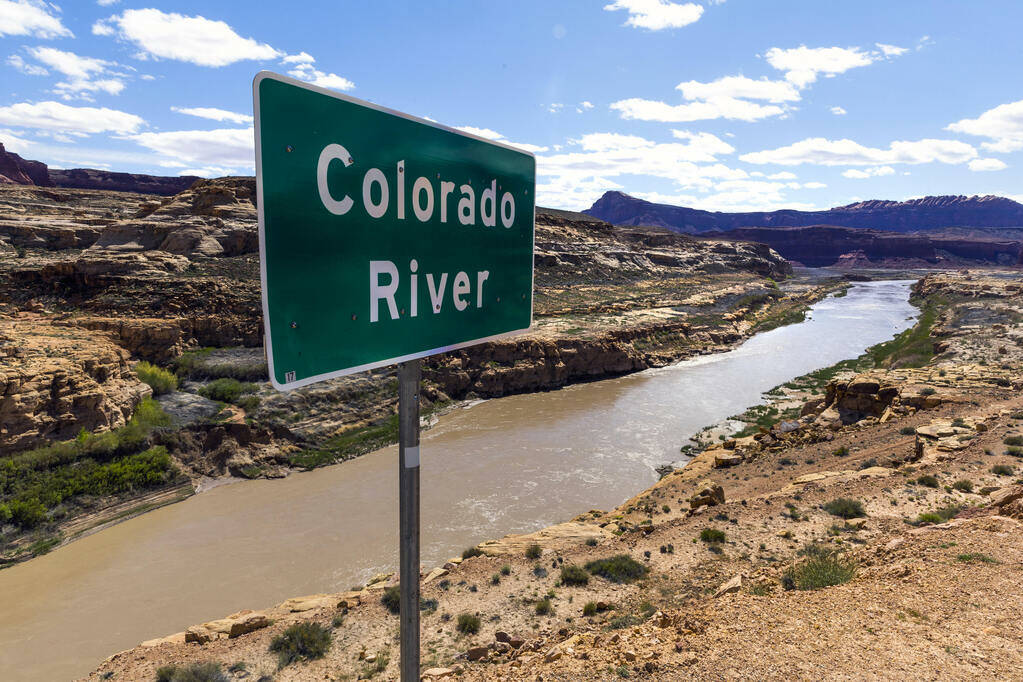How clean is Las Vegas’ water?
The water we draw from Lake Mead and from the ground into our taps is still safe and rigorously monitored, according to this year’s Las Vegas Valley Water District water quality report.
Every year, the water district, which serves Las Vegas and much of unincorporated Clark County, monitors its water for 91 contaminants as required by the Environmental Protection Agency. It monitors water for more than 75 contaminants that aren’t regulated by the EPA, too.
Water tested below federal and state limits for potentially harmful chemicals like arsenic, fluoride and lead. Not listed in the report are results for the emerging contaminant of PFAS, or “forever chemicals,” though Southern Nevada’s water managers have said they test for them regularly and haven’t seen any cause for alarm.
The water district said it conducted 320,000 analyses on more than 55,000 water samples from Lake Mead and other storage reservoirs. Lake Mead, fed by the Colorado River, provides about 90 percent of Las Vegas’ water supply.
“Our infrastructure along with sustained conservation enable us to serve high-quality water safely and reliably to our community and our customers under any scenario,” General Manager John Entsminger wrote in a note accompanying the report.
Las Vegans still have ‘hard’ water
The report acknowledges, though, that Las Vegas’ water is considered to be “hard,” meaning it has high traces of calcium and magnesium from the Colorado River.
Contact Alan Halaly at ahalaly@reviewjournal.com. Follow @AlanHalaly on X.



















